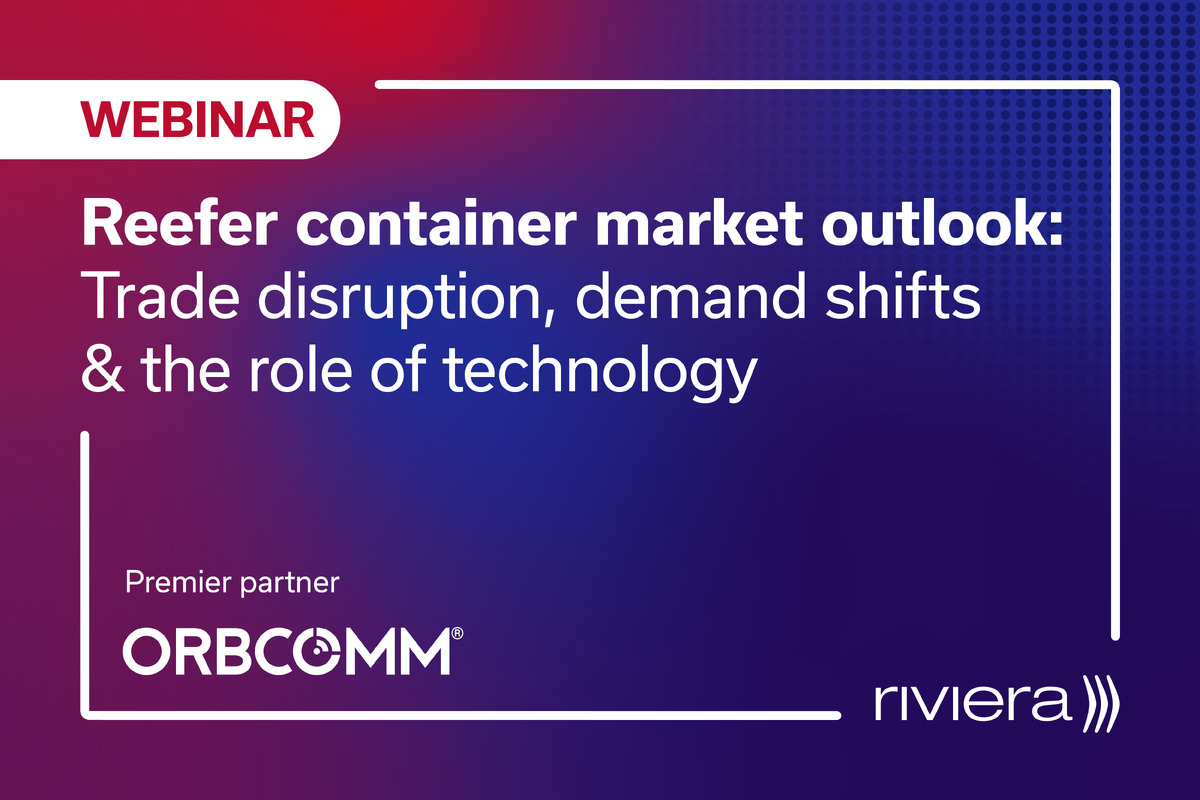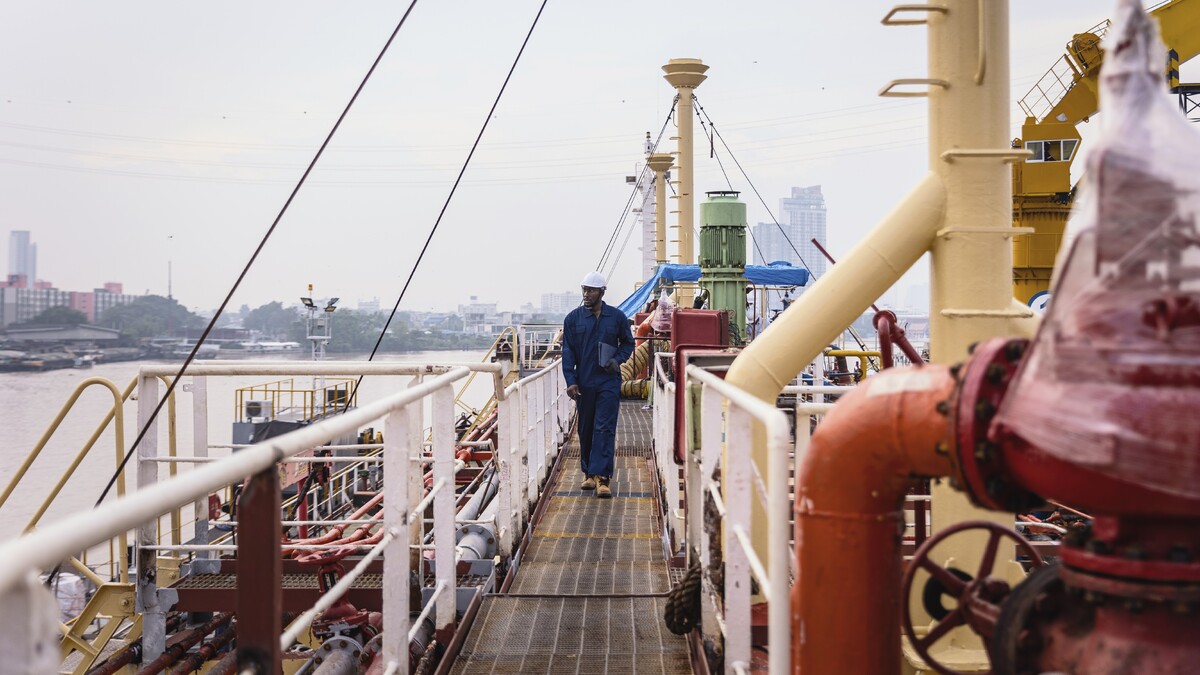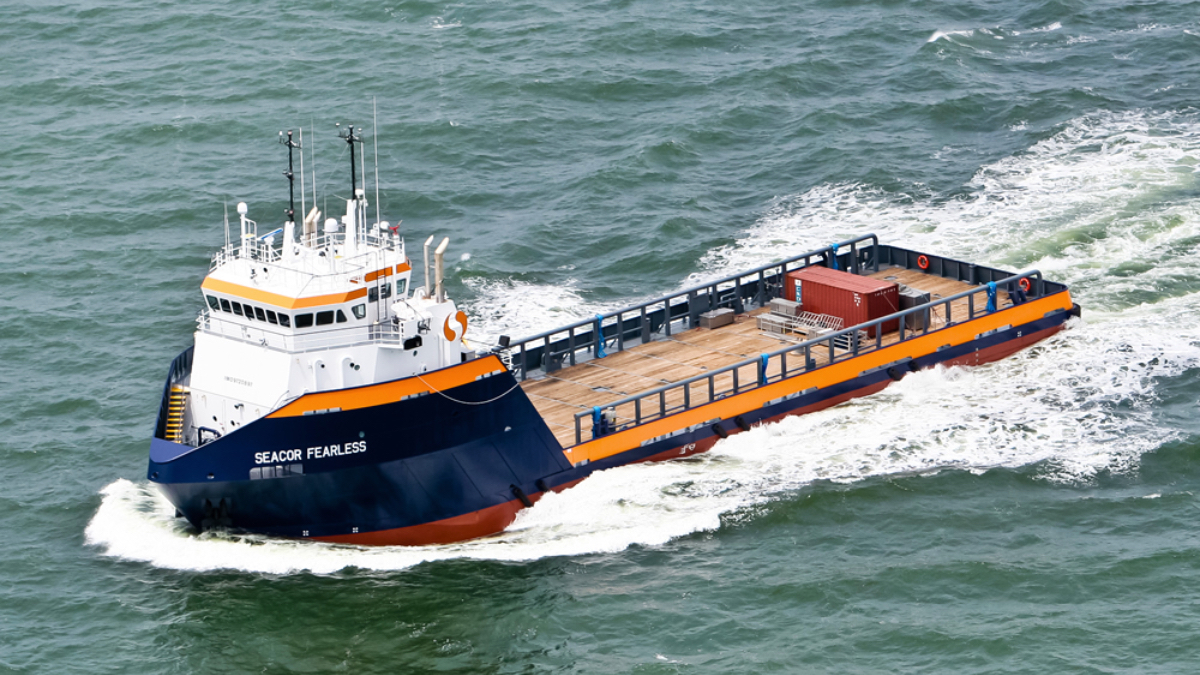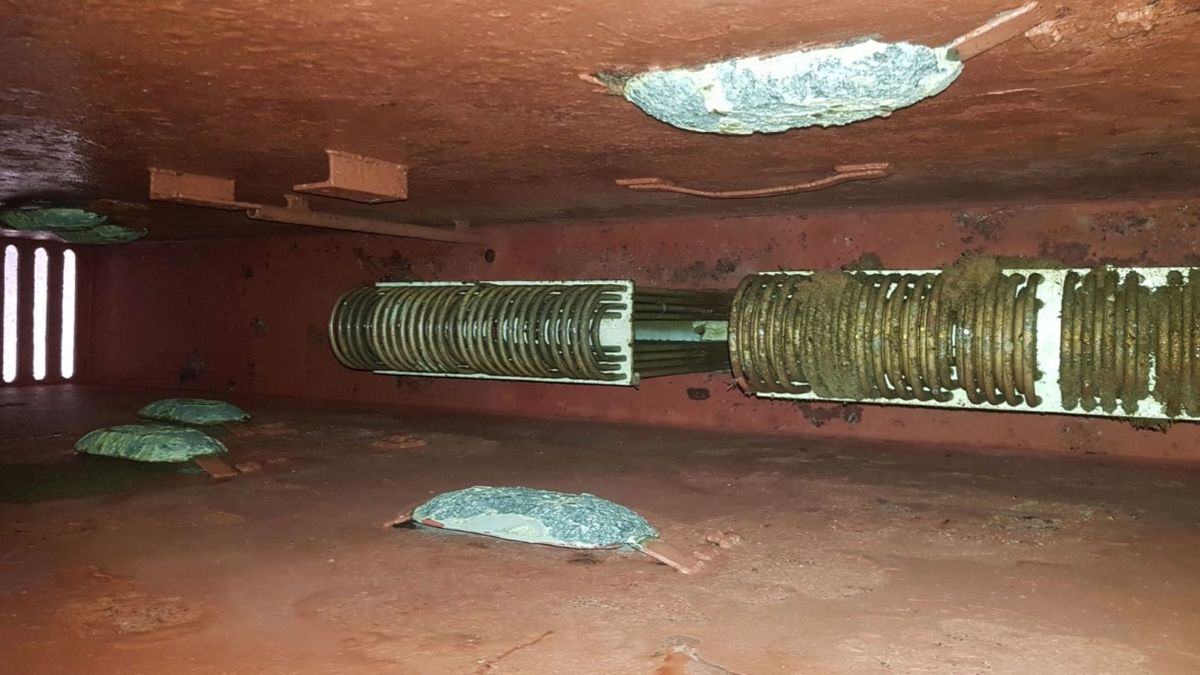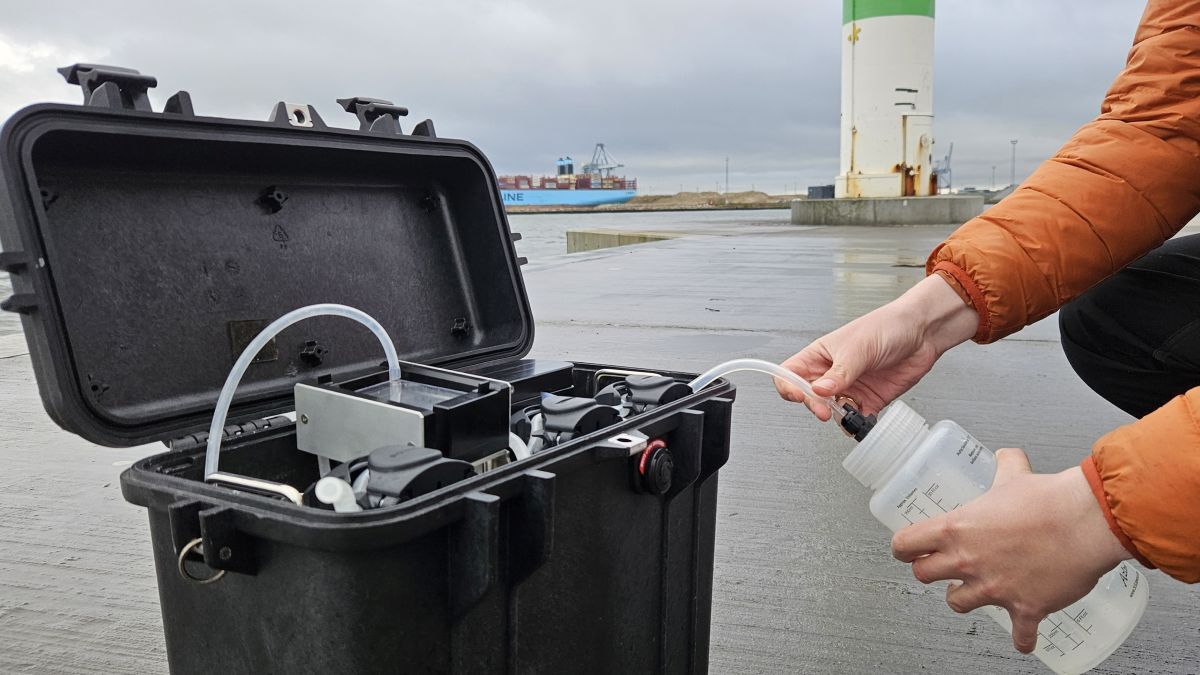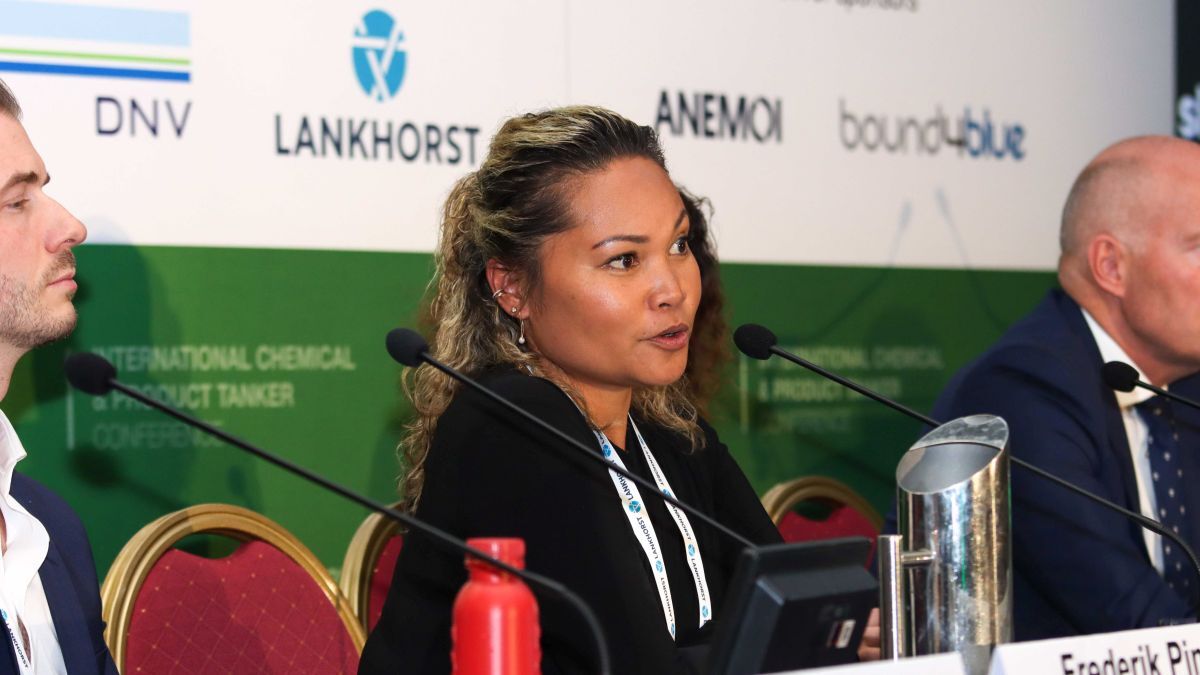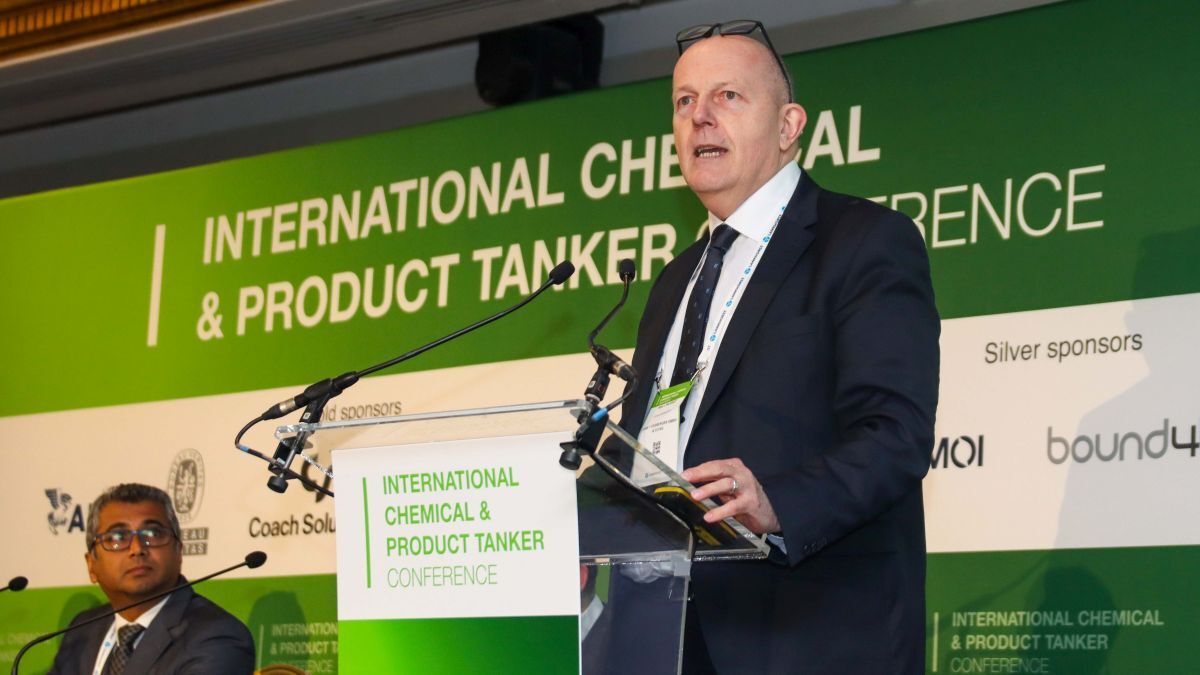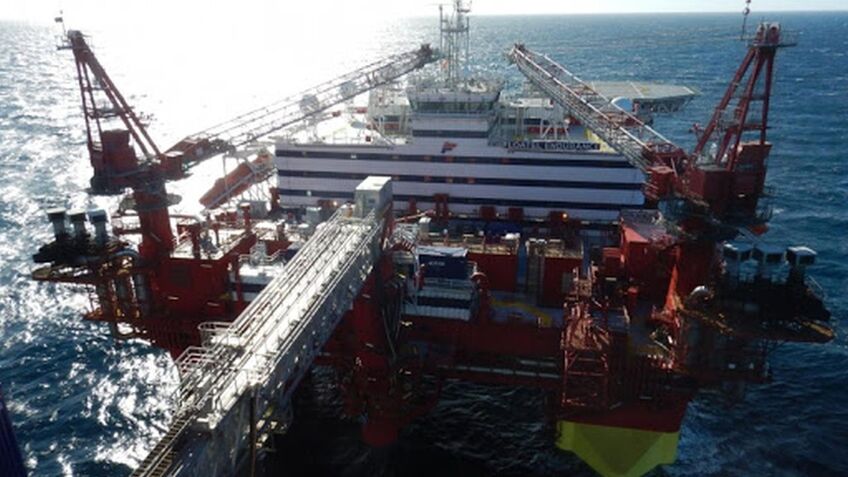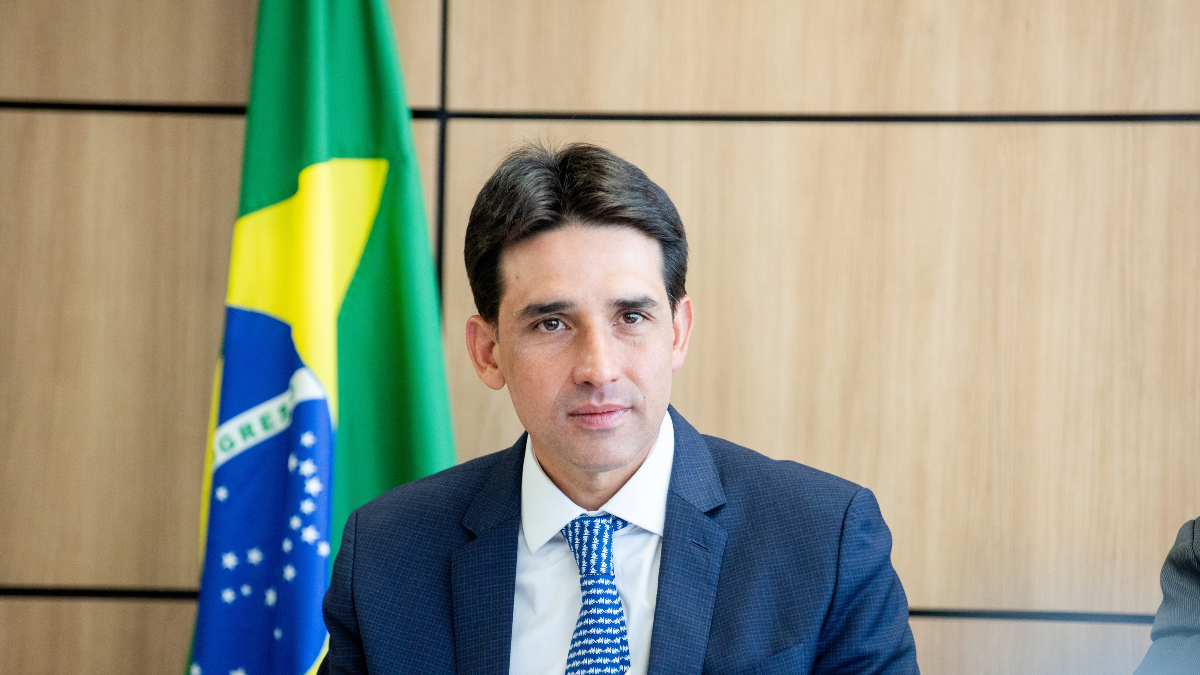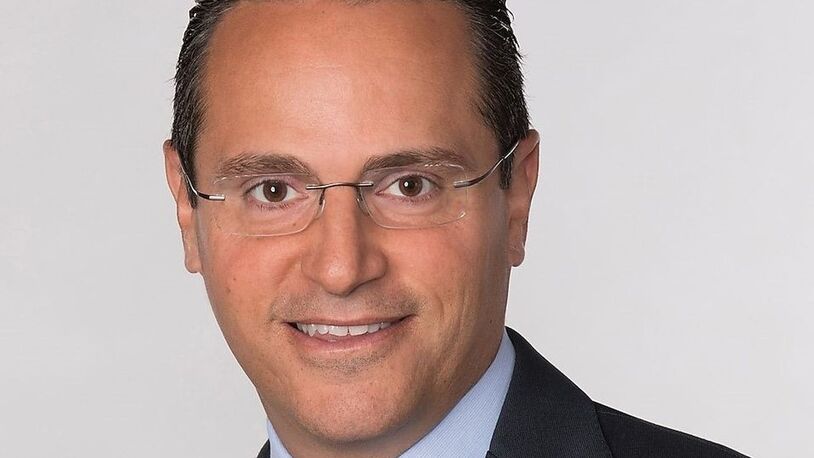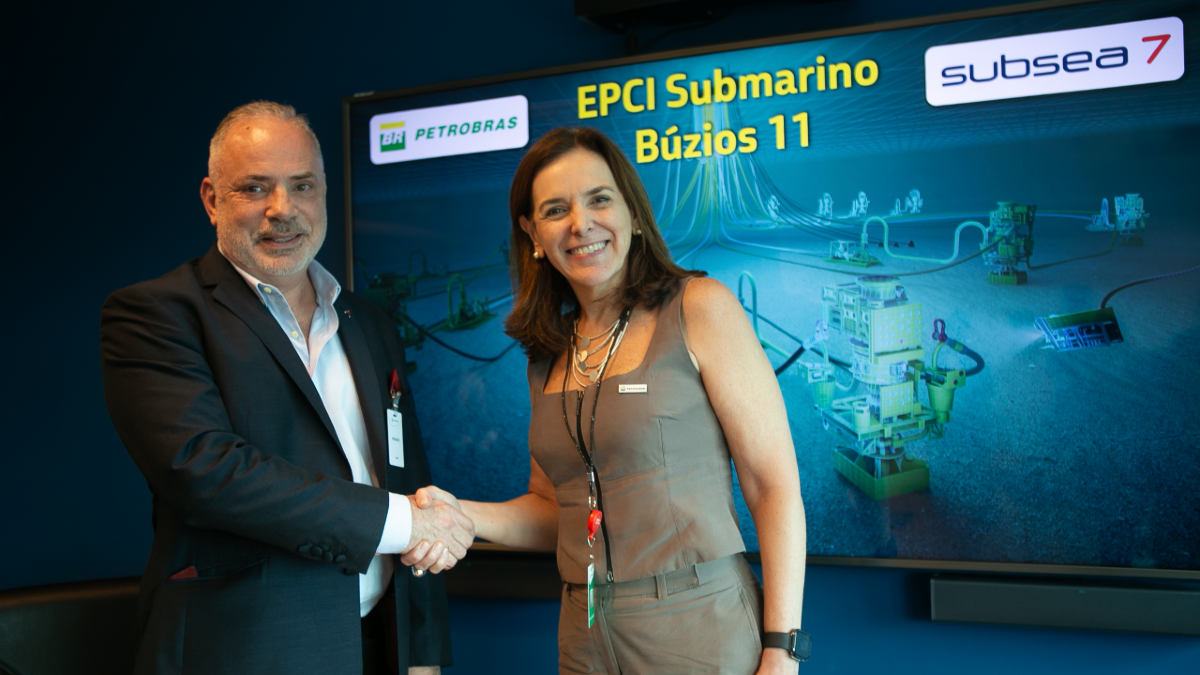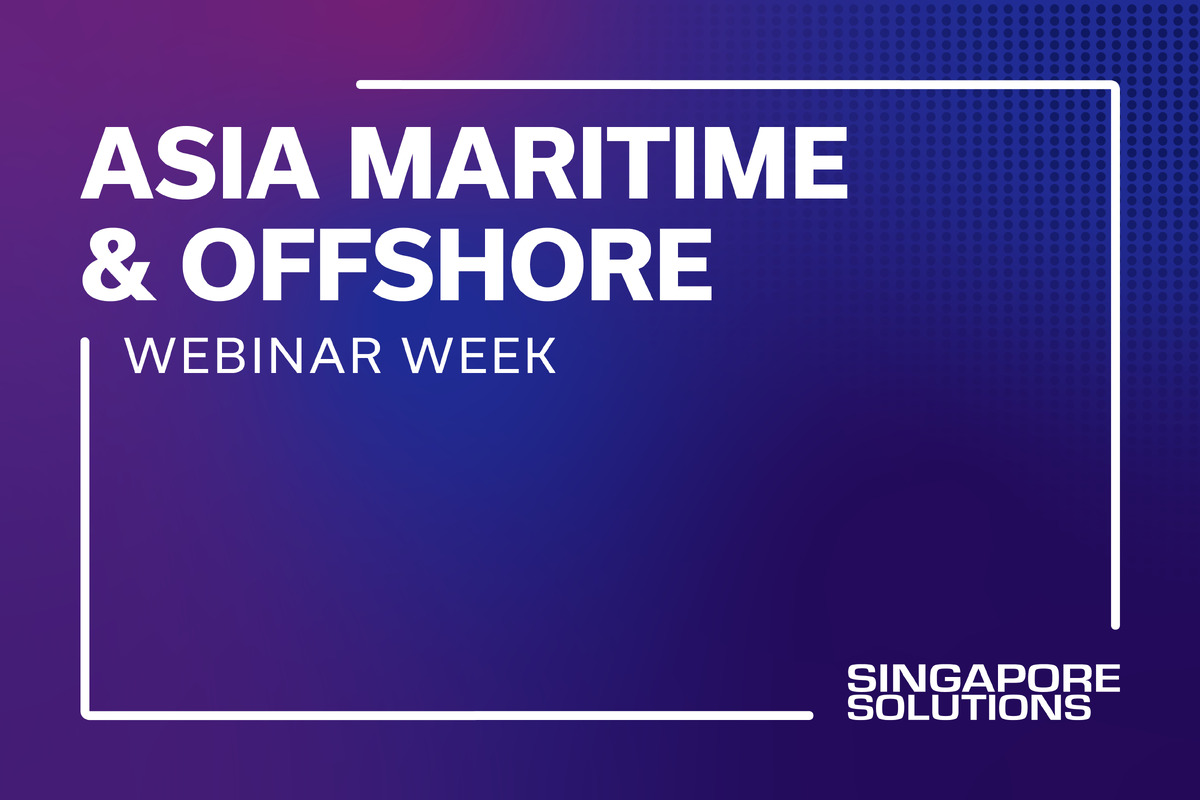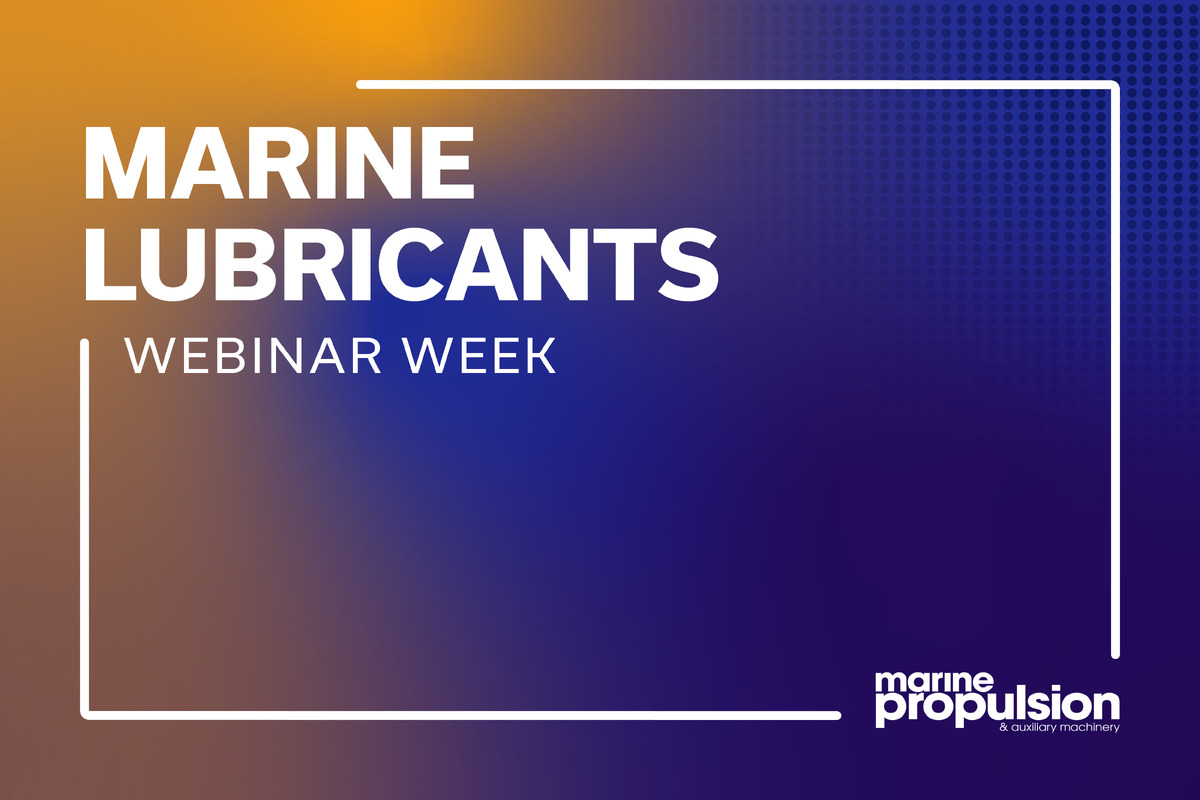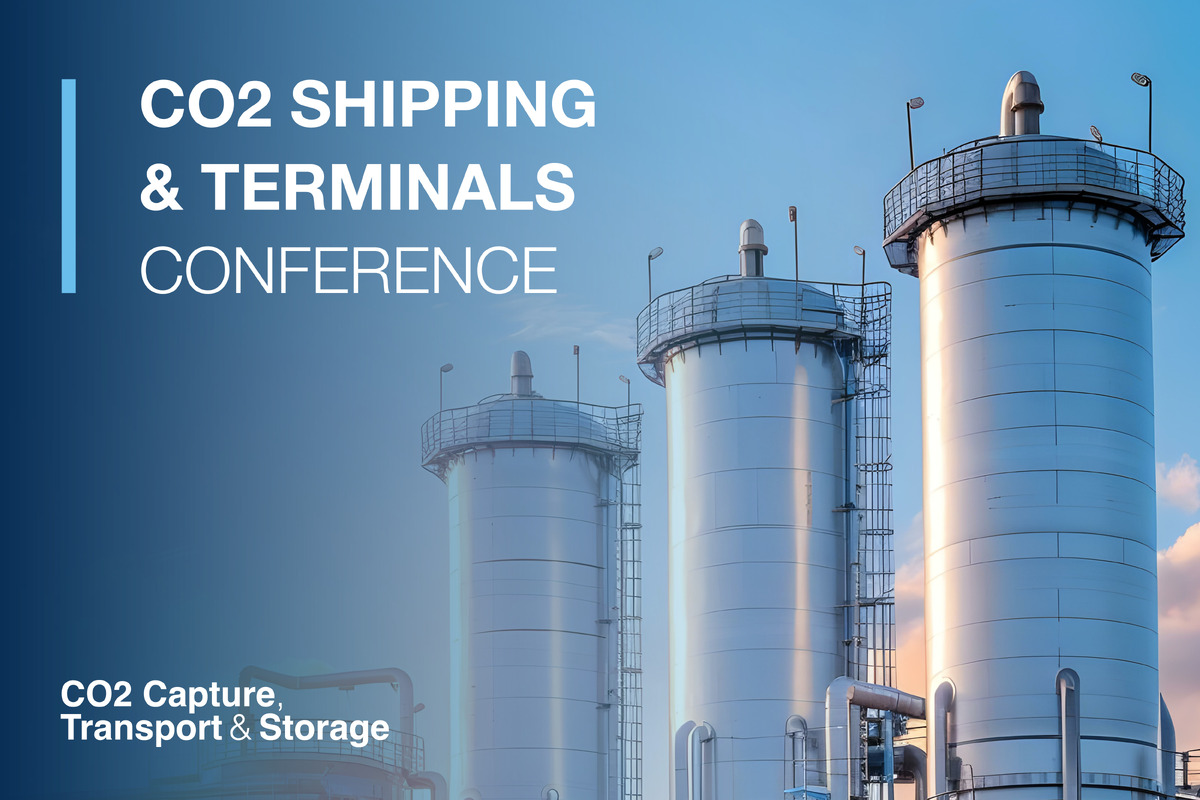Business Sectors
Contents
Fast supply units will be new market for Wintermar
Jakarta-listed Wintermar may be known as an offshore support vessel (OSV) player with a cabotage angle, but its president director, Sugiman Layanto, has already laid the groundwork to extend its international footprint through a rapidly expanding multipurpose fast supply vessel business established over a decade ago.
At the time of writing, Wintermar was set to expand further and acquire the Indonesian arm of Sugiman’s Singapore-based joint venture Fast Offshore Supply (FOS) Pte Ltd.
Jointly established with two other partners, Andrew Tsui and Hans Martin Dyrlie, FOS has been promoting the use of aluminium boats for a range of purposes, including supply runs to offshore units, in addition to shuttling crew to and from offshore locations.
It is with this unique value proposition that Wintermar “can go global”, although FOS is likely to “take the lead on the global stage”, Mr Sugiman told OSJ.
FOS is the only player in Asia offering aluminium-hulled fast multipurpose supply vessels of this type, according to Mr Sugiman. It has nine vessels in operation, and they enjoy a utilisation rate of around 80 per cent.
Four of the nine vessels are Indonesian-flagged, three of which are operating in Indonesia. The remaining units are working in Malaysia and Russia, Mr Sugiman said.
Wintermar’s acquisition of FOS is timed ahead of an expected growth spurt for the Indonesian oil and gas sector in 2015/16, during which a significant number of exploration drilling projects are projected to take place in remote deepwater areas.
FOS’s aluminium vessels, with their faster transit speed compared to conventional steel-hulled vessels, “will contribute greater operational efficiencies”, Mr Sugiman explained.
The potential of this kind of vessel in exploration drilling campaigns has already been demonstrated by approval from the Makassar Strait Explorers Consortium (MSEC), which chartered one of FOS’s vessels to work alongside two platform supply vessels owned by Wintermar.
The FOS vessel was selected for back-to-back drilling campaigns spanning two years from late 2009 onwards and provided greater flexibility for offshore drilling operations.
“These vessels can travel two and a half times faster than any steel supply boat, although its bollard pull is capped at 60 tonnes as a trade-off for its transit speed,” said Mr Sugiman. The charter demonstrated the “inherent value” the MSEC group of operators saw in the multipurpose aluminium boat, he explained.
The MSEC charter was among the early breakthroughs for FOS, which initially struggled to sell the vessel concept to the bankers, let alone oil and gas operators.
The first such vessel in its fleet was built without bank financing but won its maiden contract for what Mr Sugiman described as “a pure passenger run carrying 20 crew” and subsequently went on to clinch the MSEC charter.
The partners needed to overcome the challenge of promoting a new vessel type for which there were “no specific tenders”, but “the multiplier effect picks up fast” the moment they break in with the field operators,” said Mr Sugiman.
FOS has since come a long way from its first days of dedicated passenger runs. Its vessels have already performed a wide range of projects in Indonesia, providing drilling support and crew change in Australia and Russia. The niche player now counts ExxonMobil, Eni, Marathon Oil, ConocoPhillips and Chevron among its clients. To date, Mr Sugiman said “no single charter has made use of all of the vessel’s functions”.
Therein lies FOS’s value proposition: its vessels can provide tailored logistic solutions for specific geographic conditions instead of competing with generic OSV tenders. Moreover, they achieve day rates that are comparable to 8,000 bhp anchor-handling tug/supply vessels. Another advantage of aluminium vessels is that they appreciate in value over time, unlike the steel-built units, Mr Sugiman said.
Such is their success that FOS intends to build more vessels at a newly acquired yard in Singapore. The yard is capable of building three 10,300 bhp aluminium boats a year.
“Building these vessels in Singapore instead of Indonesia and China will be more in line with how they are marketed,” Mr Sugiman concluded. OSJ
Related to this Story
Events
Reefer container market outlook: Trade disruption, demand shifts & the role of technology
Asia Maritime & Offshore Webinar Week 2025
Marine Lubricants Webinar Week 2025
CO2 Shipping & Terminals Conference 2025
© 2024 Riviera Maritime Media Ltd.
